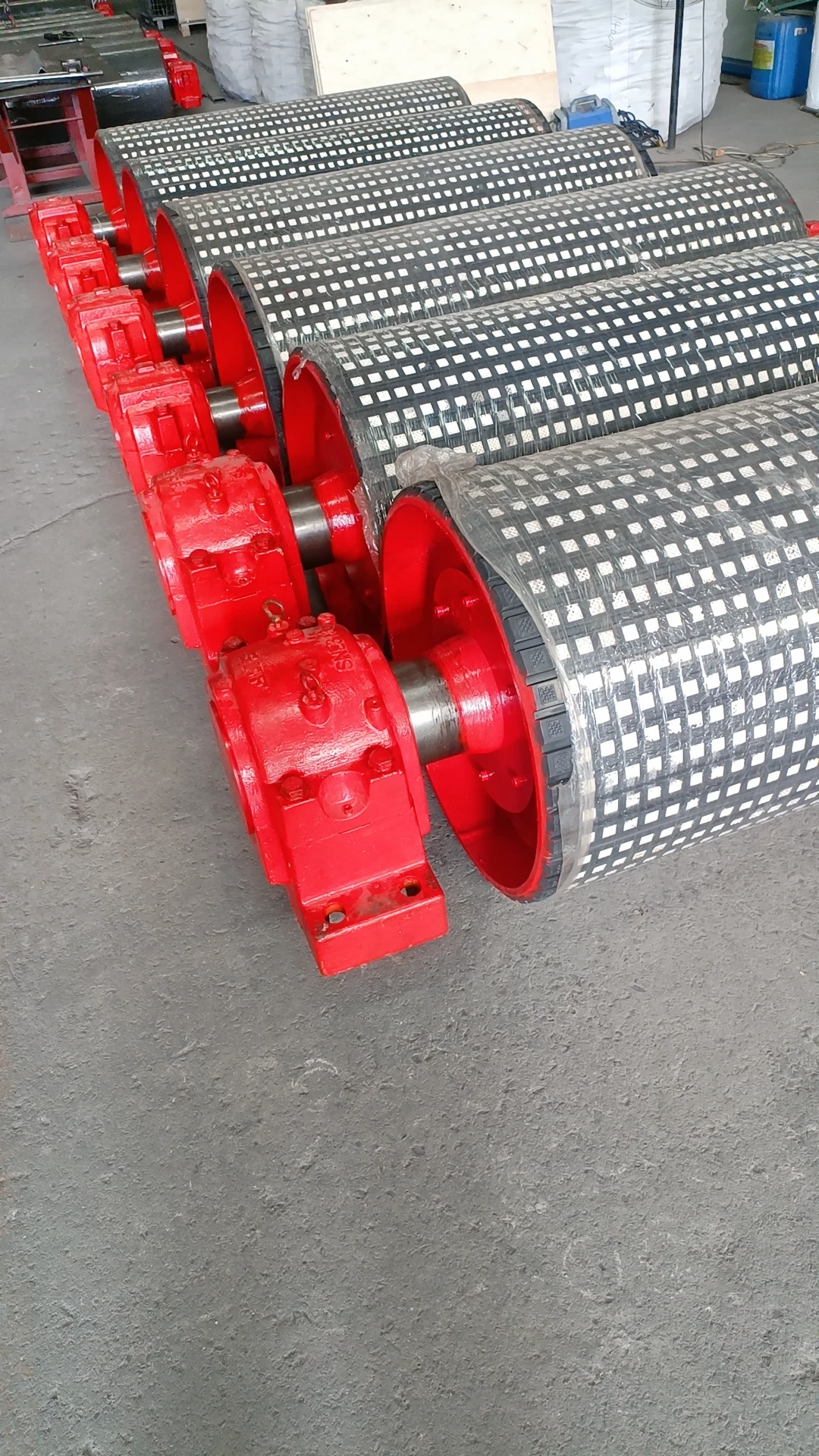 Afrikaans
Afrikaans  Albanian
Albanian  Amharic
Amharic  Arabic
Arabic  Armenian
Armenian  Azerbaijani
Azerbaijani  Basque
Basque  Belarusian
Belarusian  Bengali
Bengali  Bosnian
Bosnian  Bulgarian
Bulgarian  Catalan
Catalan  Cebuano
Cebuano  Corsican
Corsican  Croatian
Croatian  Czech
Czech  Danish
Danish  Dutch
Dutch  English
English  Esperanto
Esperanto  Estonian
Estonian  Finnish
Finnish  French
French  Frisian
Frisian  Galician
Galician  Georgian
Georgian  German
German  Greek
Greek  Gujarati
Gujarati  Haitian Creole
Haitian Creole  hausa
hausa  hawaiian
hawaiian  Hebrew
Hebrew  Hindi
Hindi  Miao
Miao  Hungarian
Hungarian  Icelandic
Icelandic  igbo
igbo  Indonesian
Indonesian  irish
irish  Italian
Italian  Japanese
Japanese  Javanese
Javanese  Kannada
Kannada  kazakh
kazakh  Khmer
Khmer  Rwandese
Rwandese  Korean
Korean  Kurdish
Kurdish  Kyrgyz
Kyrgyz  Lao
Lao  Latin
Latin  Latvian
Latvian  Lithuanian
Lithuanian  Luxembourgish
Luxembourgish  Macedonian
Macedonian  Malgashi
Malgashi  Malay
Malay  Malayalam
Malayalam  Maltese
Maltese  Maori
Maori  Marathi
Marathi  Mongolian
Mongolian  Myanmar
Myanmar  Nepali
Nepali  Norwegian
Norwegian  Norwegian
Norwegian  Occitan
Occitan  Pashto
Pashto  Persian
Persian  Polish
Polish  Portuguese
Portuguese  Punjabi
Punjabi  Romanian
Romanian  Russian
Russian  Samoan
Samoan  Scottish Gaelic
Scottish Gaelic  Serbian
Serbian  Sesotho
Sesotho  Shona
Shona  Sindhi
Sindhi  Sinhala
Sinhala  Slovak
Slovak  Slovenian
Slovenian  Somali
Somali  Spanish
Spanish  Sundanese
Sundanese  Swahili
Swahili  Swedish
Swedish  Tagalog
Tagalog  Tajik
Tajik  Tamil
Tamil  Tatar
Tatar  Telugu
Telugu  Thai
Thai  Turkish
Turkish  Turkmen
Turkmen  Ukrainian
Ukrainian  Urdu
Urdu  Uighur
Uighur  Uzbek
Uzbek  Vietnamese
Vietnamese  Welsh
Welsh  Bantu
Bantu  Yiddish
Yiddish  Yoruba
Yoruba  Zulu
Zulu Durable Polyethylene Rollers for Various Industrial Applications and Equipment Solutions
The Versatility and Benefits of Polyethylene Rollers
Polyethylene rollers are becoming increasingly popular in various industries due to their unique properties and versatility. Made from high-density polyethylene (HDPE) or low-density polyethylene (LDPE), these rollers offer several advantages that make them ideal for applications ranging from manufacturing and construction to entertainment and agriculture.
What Are Polyethylene Rollers?
Polyethylene rollers are cylindrical components manufactured from polyethylene plastic. They come in various sizes, diameters, and thicknesses, making them suitable for different applications. Their lightweight nature, durability, and resistance to chemical corrosion have made them a preferred choice in many sectors.
Key Advantages
1. Durability One of the most significant advantages of polyethylene rollers is their durability. Unlike metal rollers, which can corrode over time, polyethylene does not rust or corrode, making it excellent for outdoor use and environments exposed to moisture.
2. Lightweight Polyethylene is much lighter than steel or other metal alternatives. This lightweight property not only facilitates easier handling but also reduces the overall weight of equipment where these rollers are used, which can lead to better energy efficiency.
3. Chemical Resistance Polyethylene exhibits high resistance to various chemicals, making it suitable for applications in industries that work with acids, alkalis, and other corrosive substances. This characteristic is particularly beneficial in manufacturing and chemical processing environments.
4. Low Friction The low friction properties of polyethylene mean smoother operation when used in conveyor belts, rollers, or other moving equipment. This can extend the lifespan of both the rollers and the machines they function within, leading to decreased maintenance costs.
5. Cost-Effectiveness When considering the lifecycle of a polyethylene roller, they prove to be a cost-effective solution. Their durability and resistance to wear and tear mean they require fewer replacements compared to traditional materials.
polyethylene roller

6. Versatility Polyethylene rollers can be used in a wide range of applications including agricultural machinery, packaging equipment, conveyor systems, and amusement park rides. Their adaptability ensures they meet various technical requirements unique to each industry.
Applications of Polyethylene Rollers
Polyethylene rollers are utilized in numerous fields. In agriculture, they are often used in conveyor systems to transport crops from harvesting equipment to processing stations. Their resistance to moisture and chemicals makes them ideal for this purpose.
In manufacturing settings, polyethylene rollers assist in the assembly lines where lighter materials need to be transported. They reduce operational strain, enabling smoother transitions and less wear on other machinery components.
Additionally, in the amusement industry, polyethylene rollers are common in the construction of roller coasters and other rides. Their lightweight nature allows for complex designs without compromising on safety or operational efficiency.
Environmental Impact
As the world becomes more conscious about sustainability, the use of polyethylene rollers stands out due to their recyclability. Many manufacturers are increasingly adopting recycling processes creating a closed-loop system that reduces waste and environmental impact.
Conclusion
The numerous advantages of polyethylene rollers — including durability, lightweight design, chemical resistance, and cost-effectiveness — make them a wise choice across a variety of applications. Their versatility allows them to serve multiple industries efficiently. As technology advances and industries evolve, the role of polyethylene rollers is sure to expand, proving their place as an invaluable component in modern manufacturing and engineering. Whether in agriculture, manufacturing, or entertainment, polyethylene rollers are paving the way for more innovative and efficient solutions.
-
Revolutionizing Conveyor Reliability with Advanced Rubber Lagging PulleysNewsJul.22,2025
-
Powering Precision and Durability with Expert Manufacturers of Conveyor ComponentsNewsJul.22,2025
-
Optimizing Conveyor Systems with Advanced Conveyor AccessoriesNewsJul.22,2025
-
Maximize Conveyor Efficiency with Quality Conveyor Idler PulleysNewsJul.22,2025
-
Future-Proof Your Conveyor System with High-Performance Polyurethane RollerNewsJul.22,2025
-
Driving Efficiency Forward with Quality Idlers and RollersNewsJul.22,2025





























